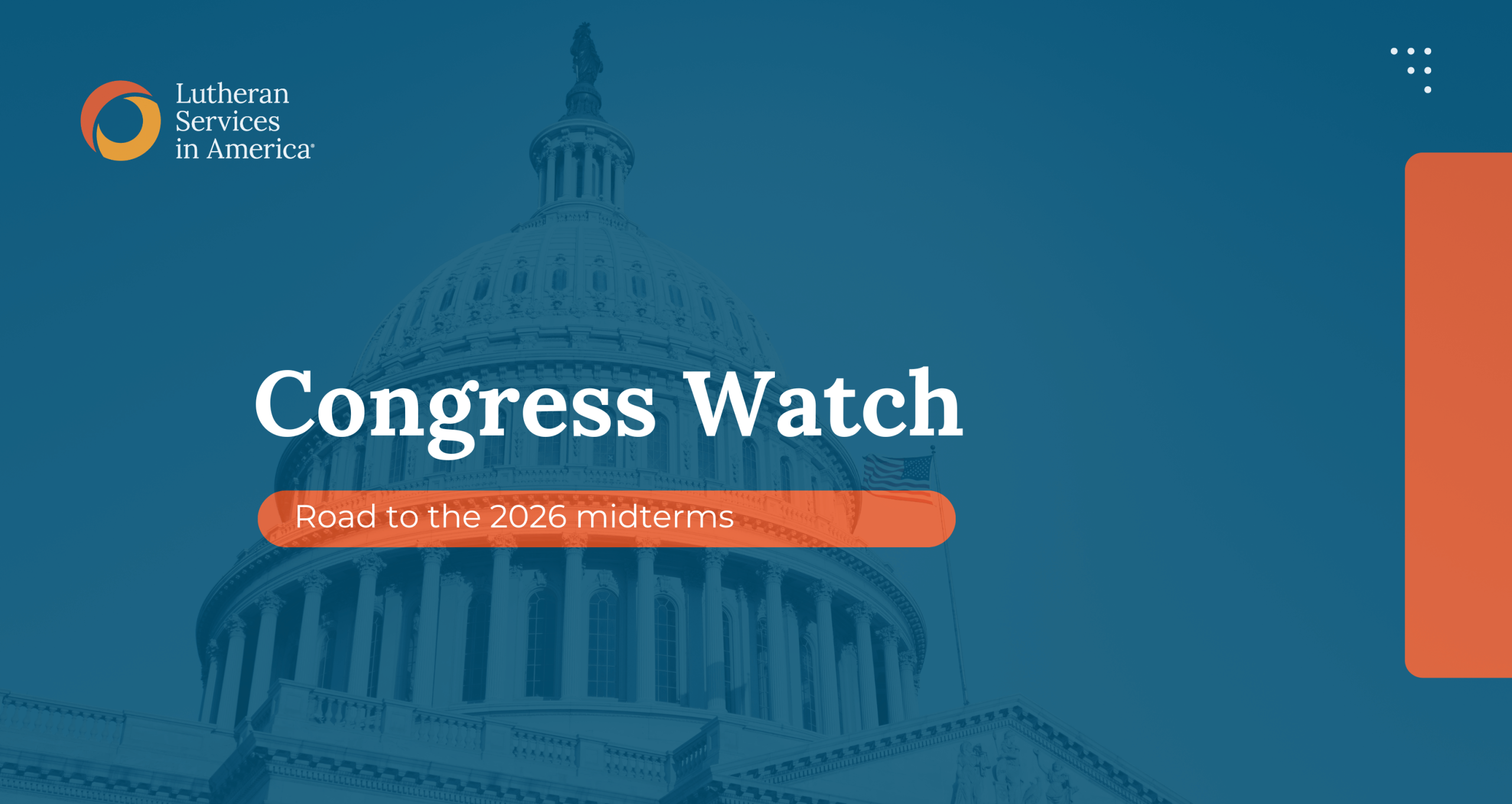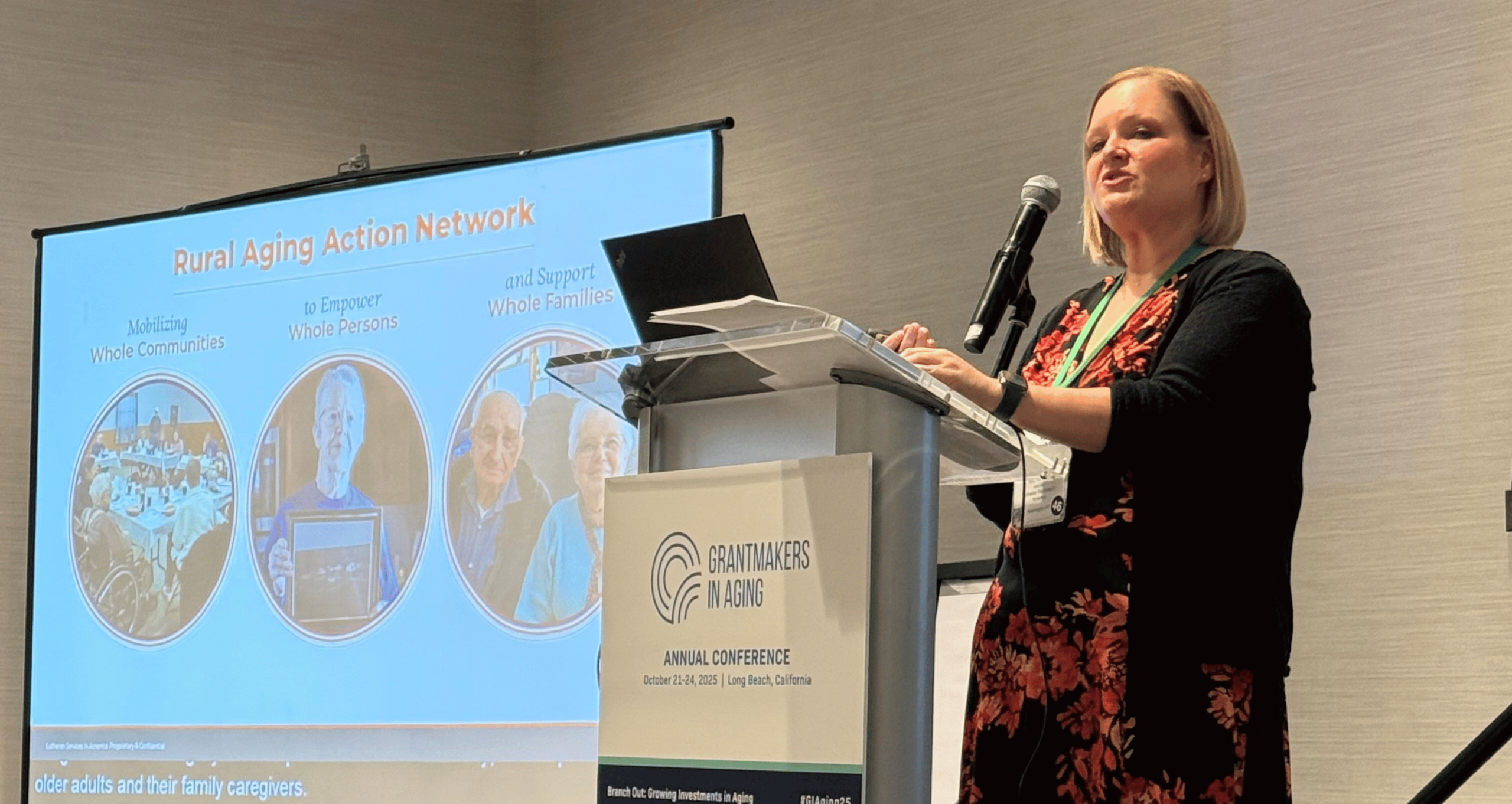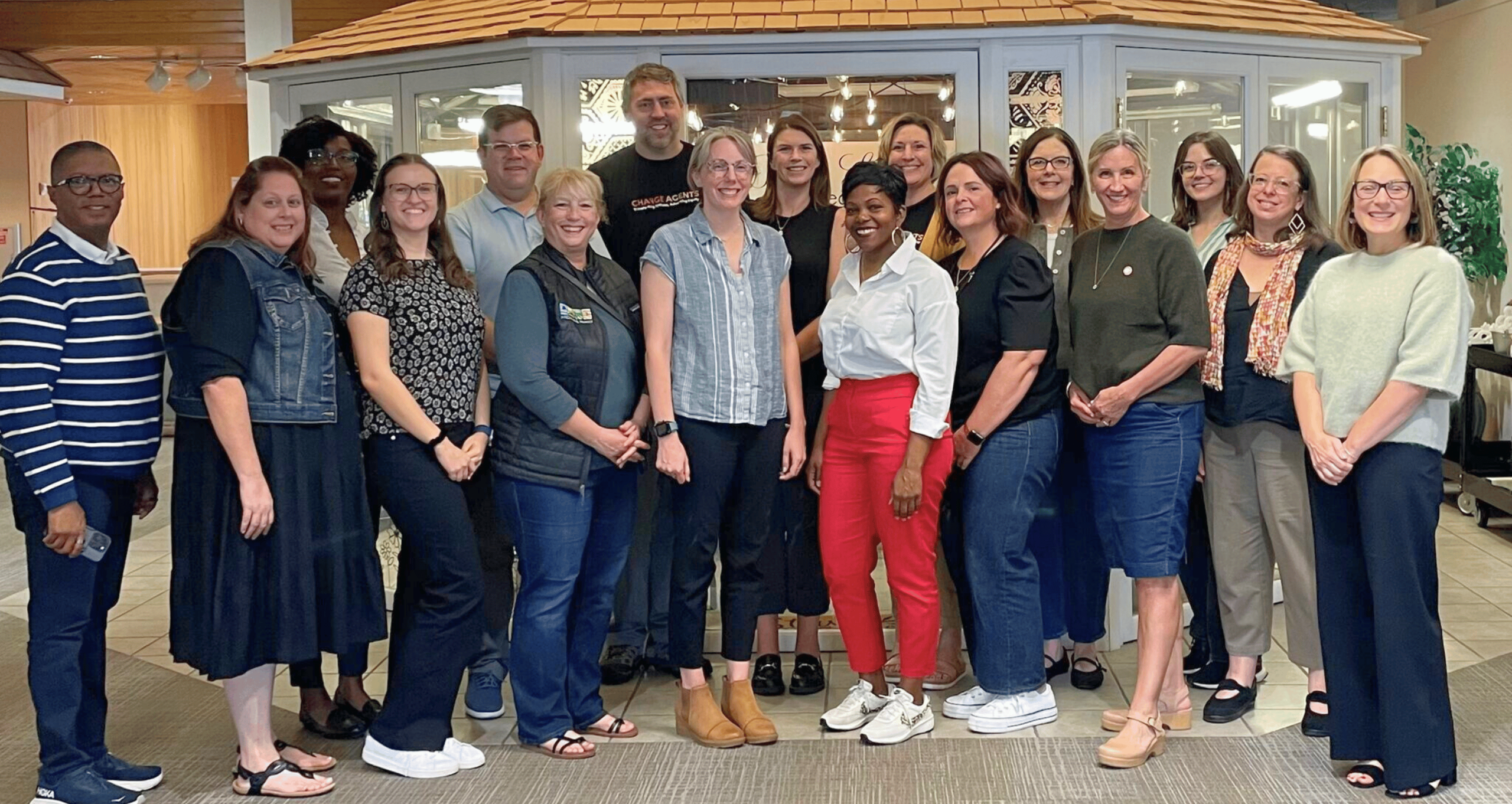Across Lutheran Services in America, we often talk about the need to bridge policy and practice. The Results Innovation Lab (RIL), in partnership with the Strengthening Families Initiative (SFI), is doing exactly that by turning national policy priorities into real-world learning through local demonstration sites.
At a time when Medicaid policy, child welfare systems, and community-based organizations are all under pressure, these sites are helping us answer a critical question: What does prevention actually look like on the ground—and what does it take to make it work?
Our demonstration sites are showing that prevention is not a single program or service, but a way of working across systems. It shows up in addressing basic needs early, coordinating care more effectively, and reducing the likelihood of crisis before families reach child welfare or emergency systems. Making prevention work requires strong cross-sector collaboration, clear shared populations, and the ability to test small changes, learn quickly, and adapt.
From Policy Signals to Practice Experiments
RIL’s focus on outcomes, equity, and leadership development is now directly shaping how we design and support local demonstration sites alongside health care. Rather than starting with abstract policy ideas or top-down models, we are using small, practical tests of change to learn what collaboration actually looks like on the ground, under real-world conditions.
This approach allows us to:
- Focus on clear outcomes at the intersection of Medicaid and child welfare
- Build cross-sector “muscle memory” for collaboration
- Document prevention strategies that align with federal priorities and are feasible for overburdened local systems
This matters in the current policy environment. The White House’s 2025 Executive Order emphasizes family stability, timeliness, upstream investment, and cross-system coordination. Through RIL and SFI, Lutheran Services in America is effectively operating a living lab for what that policy vision looks like in practice.
What We’re Learning from the Demonstration Sites
In Pennsylvania and Virginia, the demonstration sites are surfacing several consistent lessons with clear policy implications.
Identifying shared populations is harder than expected—but essential.
Even when organizations serve the same families, health plans, schools, and child welfare systems often define populations differently. The work of aligning around a shared group of children or families takes time, trust, and data—but it is foundational to any meaningful partnership.
Small tests of change are the right scale for this moment.
Rather than launching large pilots, sites are using Plan-Do-Study-Act (PDSA) cycles to test ideas quickly. These small tests help partners stay engaged, surface barriers early, reduce risk, and generate evidence that can inform future investment. This is exactly the kind of learning federal and state leaders look for when identifying promising prevention approaches.
Basic needs are the gateway to deeper engagement.
Across sites, food access, transportation, hygiene supplies, and mental health supports consistently emerge as high-impact entry points. Addressing these needs improves appointment attendance, engagement in services, and trust with families—outcomes that matter to both child welfare and Medicaid systems.
Workforce capacity matters as much as program design.
Burnout and turnover can undermine even the strongest ideas. RIL’s emphasis on resilience, listening, and curiosity is helping organizations adapt while protecting staff capacity, an often overlooked but critical component of prevention.
Why Medicaid Matters for Children, Youth, and Families
Medicaid has become one of the largest funders of prevention. Families interact with health systems far more frequently than they do with formal child welfare systems, making Medicaid a powerful lever for upstream support.
Our demonstration work with UnitedHealthcare highlights several truths:
- Many organizations involved in children, youth and family work already do Medicaid-relevant work, even if they do not bill Medicaid directly
- Prevention lives in the gaps between health care, social care, and child welfare systems
- Managed care organizations are still expected to address social needs and improve outcomes, even amid federal policy shifts
Lutheran Services in America members are uniquely positioned to bridge these gaps by stabilizing families, improving care coordination, reducing avoidable involvement, and delivering trusted, community-rooted support. In many ways, this is exactly what policymakers are asking systems to do. The demonstration sites are helping show the “how.”
Building Toward Scale and Sustainability
The learning from these sites is already shaping how Lutheran Services in America will strengthen practice across the network. Key areas of focus include:
- Organizational readiness for Medicaid-aligned partnerships
- Clearer demonstration of value through outcomes and data
- Stronger cross-sector relationships with health plans and states
- Meaningful integration of lived experience leadership
- Framing prevention in terms of cost containment and avoided crises
Together, this work helps Lutheran Services in America members meet the current policy moment while staying rooted in mission. By grounding policy aspirations in practical learning, the demonstration sites are not just testing ideas, they are helping build a roadmap for prevention that can scale.
Renada Johnson is Senior Director of Children, Youth & Family Initiatives at Lutheran Services in America.









